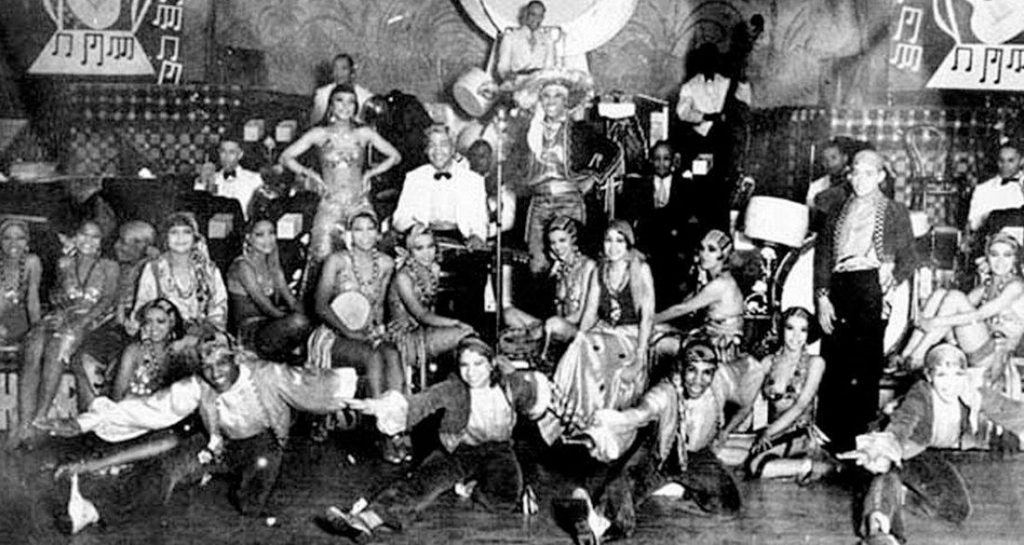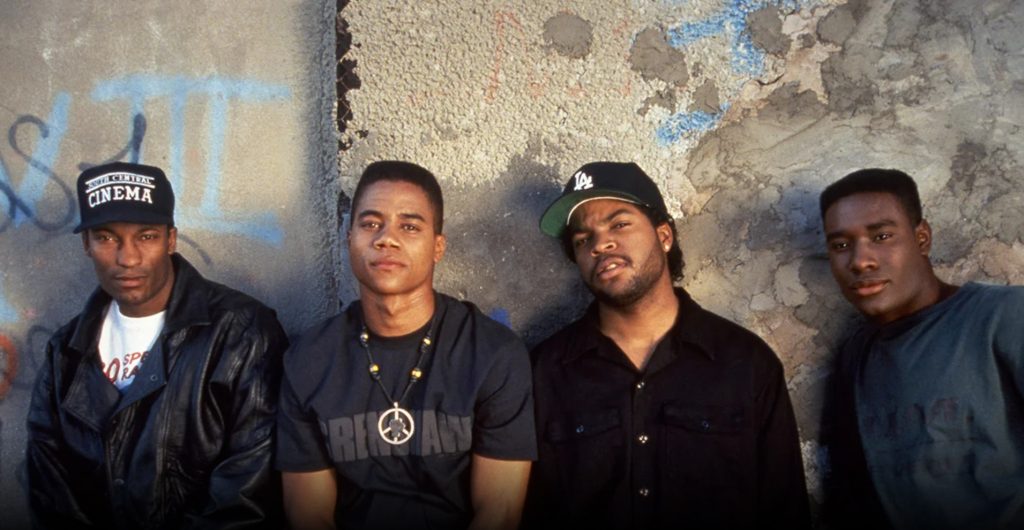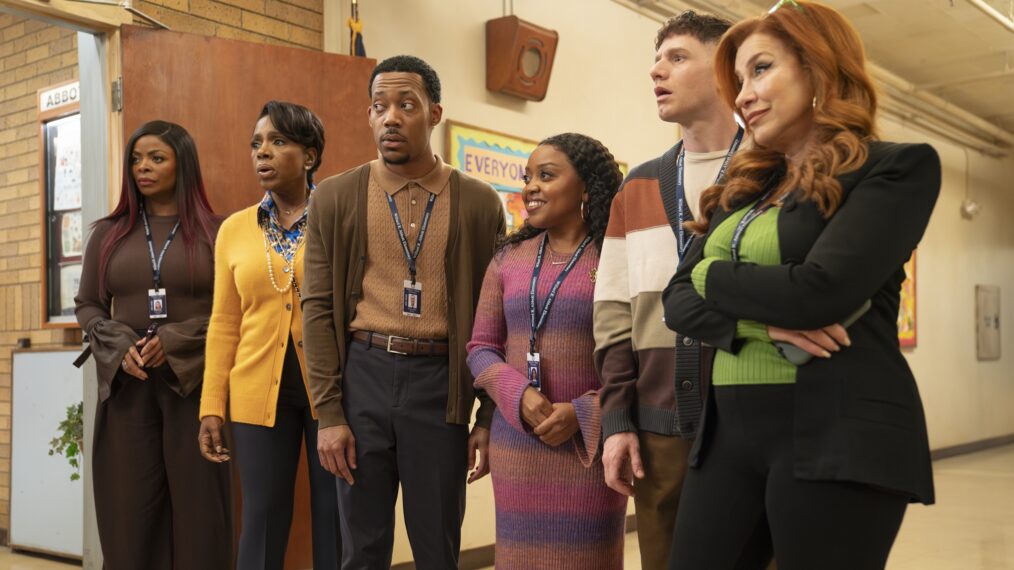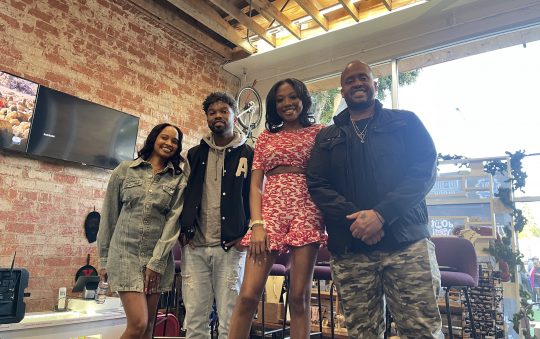
“The Harlem Renaissance is a reminder and a teacher that being unapologetically Black is the most centered space we can be in,” said Dr. Marcus A. Hunter.
Hunter explained that from the Harlem Renaissance to modern-day Hollywood, Black artists have driven cultural innovation while often being denied financial and structural benefits.
Hunter noted that Black culture has always been in high demand, yet Black artists often struggle to maintain control over their own narratives and economic power.
Hunter pointed out how Black creative work is consumed without proper recognition or compensation, stating, “How many of us are bootlegging Black products and don’t think much about it?”

Related Stories
The Syms Family After the Fire: ‘We Will Rebuild’
L.A. Care Commits $1.2 Million+ to Reduce Barriers to Dental Care for Angelenos
Hunter reflected on how audiences celebrate Black entertainment yet hesitate to support its economic sustainability. He noted that this pattern extends beyond the industry, with systemic barriers shaping how Black creatives build wealth.
Hunter drew a historical comparison to the Harlem Renaissance, explaining that Black artists have always had to fight for validation. He pointed out how Alain Locke played a pivotal role in advancing Black creatives, ensuring their work reached broader audiences.
“He had a knack for spotting talented, brilliant Black people and lifting them up,” Hunter said. Even today, he noted, Black talent often requires institutional approval from predominantly White-run structures to gain recognition.

Financial obstacles remain a defining struggle for Black entertainers. “You have an agent. You have a manager. You have a lawyer. And those are just three people right at the beginning that are like foundational units that are required to even play the game,” Hunter said.
Hunter explained that these layers of industry gatekeeping take a significant cut from an entertainer’s earnings before they even receive their final paycheck.
Hunter elaborated on how money is siphoned through multiple channels, making it difficult for Black artists to accumulate long-term wealth. “By the time Uncle Sam takes his share, what looked like a million-dollar deal isn’t a million dollars at all,” he explained.

This financial model, he said, has roots in a history where Black labor was instrumental in generating wealth for others while leaving Black workers undercompensated.
As Hollywood’s business model has evolved, so have the challenges. Hunter discussed the expansion of streaming platforms and digital distribution, noting that while these technologies create new opportunities, they also introduce new forms of exploitation.
“Now, with all the channels we have, we have more options in terms of what gets out there,” said Hunter. “And then you manage YouTube as well.”

Hunter also spoke about the contradictory nature of how Black creatives are perceived in the entertainment world. “You are simultaneously dehumanized and then desired,” he said.
This duality, he explained, makes it difficult for Black entertainers to gain true control over their own careers. Even when Black-led projects succeed, the structures that dictate funding and ownership remain largely unchanged.
Hunter stressed the importance of Black audiences actively supporting the work of Black creatives, not just by consuming their content but by advocating for fair compensation and economic opportunities.
“Supporting the creator is super important,” Hunter said. “Because if we ever stop telling our stories, that’s when we’re really in trouble.”

Hunter believes that the conversations surrounding reparations must include the entertainment industry. He explained that economic justice for Black entertainers is part of a larger discussion about historical and systemic financial inequalities.
“That’s why I think a part of the reparations conversation is about things that we’re talking about,” said Hunter.
Despite the challenges, Hunter remains optimistic about the future of Black entertainment. He believes that progress requires more than just an increase in representation—it requires true power and control over content, economics, and decision-making.
“We need more than just seats at the table,” said Hunter. “We need to own the table.”







